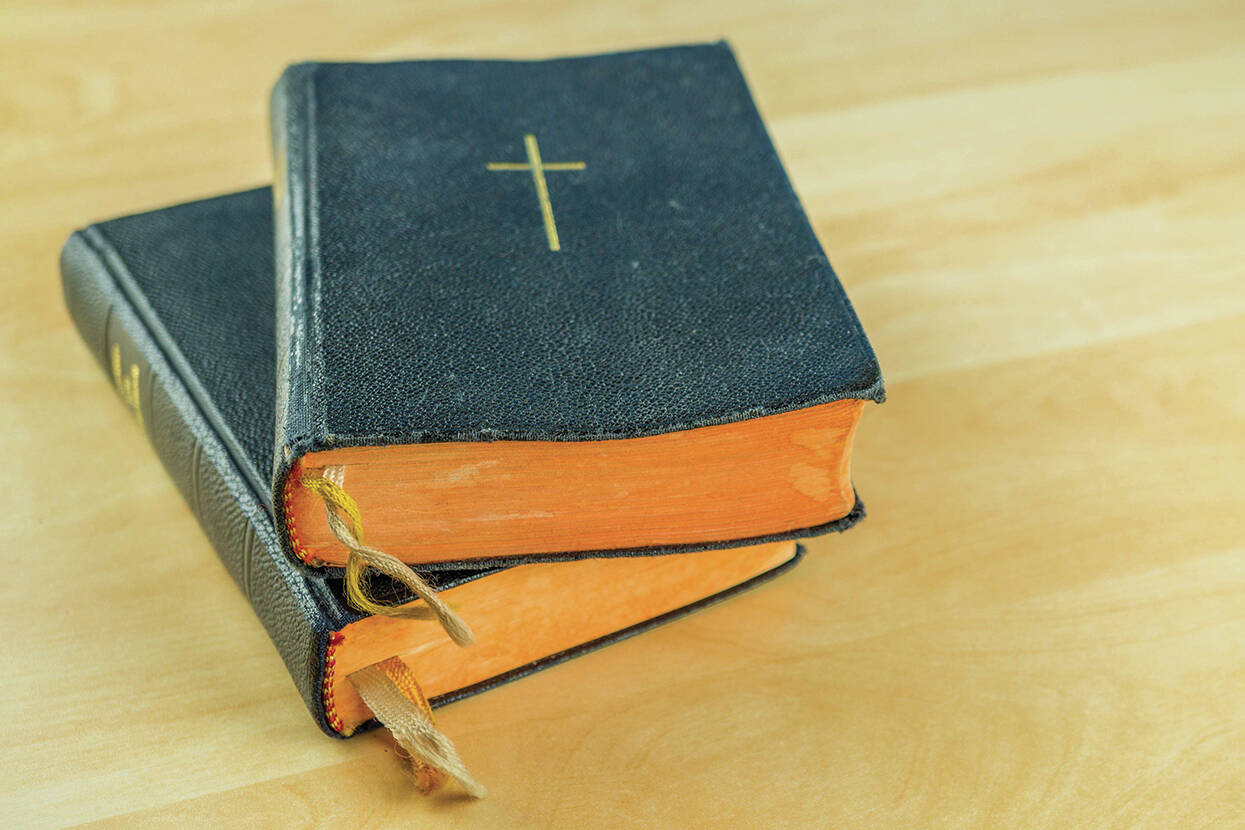When was the last time you conducted an experiment? Tried something to explore whether it would work or not, and if so, what effect it would have? Maybe, like me, you harken back to your school days where you learned how to harness electricity from a potato, or dissected a frog, or built a bridge out of toothpicks to see how much weight it could hold.
I really like that language of experimenting. I find there’s something quite freeing about it. I think because it situates us in the position of a learner, an explorer, someone who doesn’t yet know what lies ahead and yet that’s not held against us. If we’re experimenting, we admit that we don’t know all the answers, we’re not perfect, we are limited in our understanding And yet, it also means that we’re willing to try, to pursue knowing, to take steps that might be challenging or uncomfortable. In other words, the language of experimenting frees us to be human. And if we apply that language to our faith, experimenting opens up the possibility that we might encounter the divine.
So let me propose one worthwhile experiment given to us by the author of the New Testament book of James, especially toward the end of the book (5:13-20).
Here’s the experiment: resist the suspicion that prayer is just a bunch of empty religious talk. Let’s be honest, it can feel that way at times, can’t it? Praying for someone can feel like a cop out, like you’re not doing enough for them. Or worse, like you’re not doing anything! Why pray then?
God is going to do what God is going to do, whether you say anything or not. Which makes prayer either a waste of time, an illusion of control to make you feel better, or an exercise in futility. You still do it, maybe because you feel obligated, like it’s the “Christian” thing to do. But powerful? Effective? For many of us, at least at some point or other in our spiritual lives, these are not the words we’ve come to associate with prayer.
Yet James points to an Old Testament prophet named Elijah, “a human being like us” who, when he prayed that it would not rain on the earth, it didn’t rain for three years — until he prayed again! Talk about powerful and effective. But drought wasn’t Elijah’s idea. His prayer worked because it was aligned with God’s will and intention. His prayer worked because he embodied a posture of participation with God. His prayer worked because he got his knees dusty and persevered in praying, past the point that others might have given up.
It’s just an example, but what if our prayers are more powerful than we give them credit for? I, for one, want to experiment with the notion that my prayers are more than empty religious talk.
That maybe, just maybe, God waits for me before He acts, because He wants me to know that I have an important part to play in caring for the world.
Joshua Gorenflo and his wife, Kya, are ministers at Kenai Fellowship, Mile 8.5 on the Kenai Spur Highway. Worship is 11 a.m. on Sundays. Streamed live at kenaifellowship.com.

